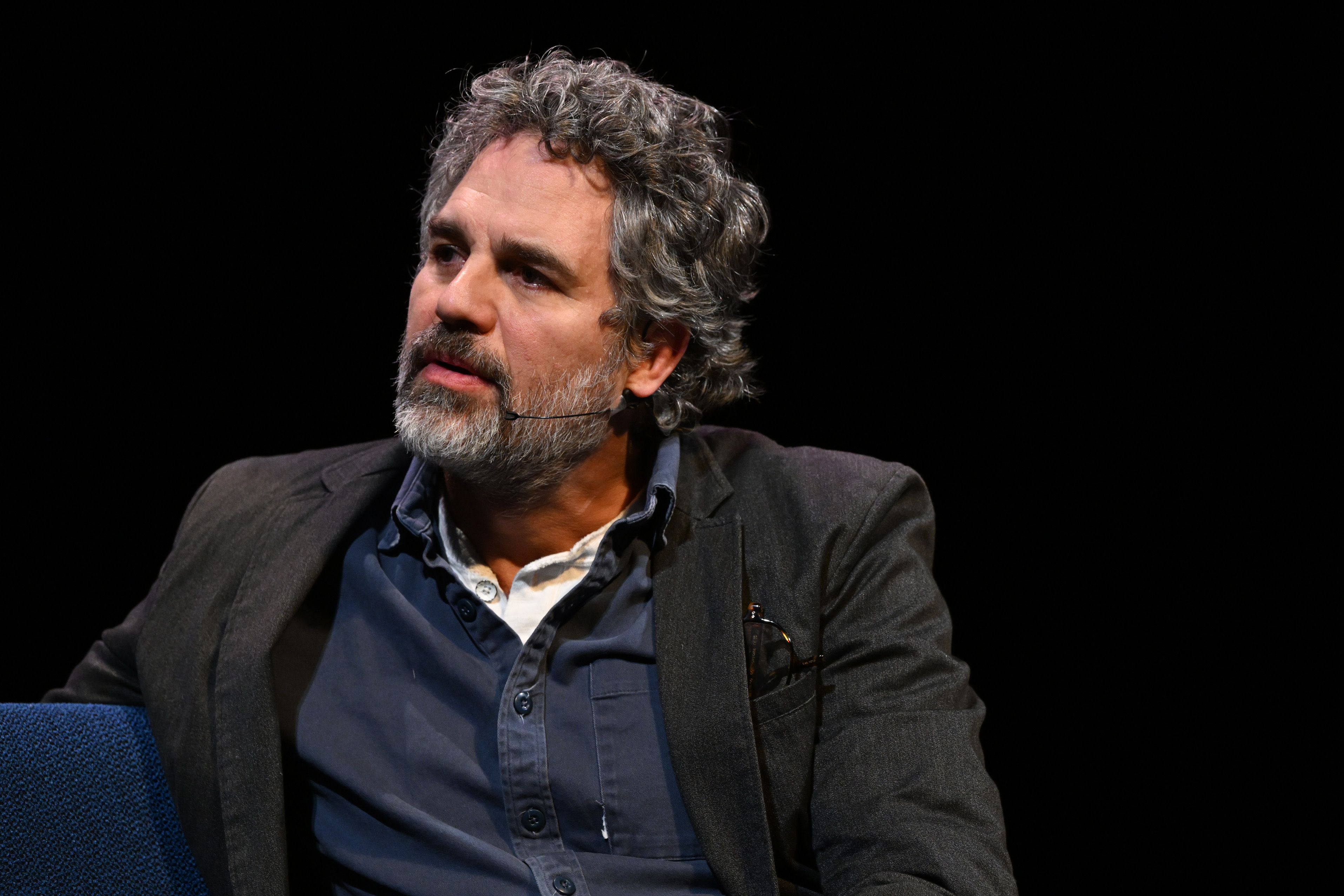California Governor Gavin Newsom has stirred controversy by vetoing a bill designed to regulate advanced artificial intelligence safety, facing backlash from both AI safety advocates and Hollywood figures.
Senator Scott Wiener, the bill’s sponsor, expressed his disappointment on X (formerly Twitter), stating that the veto represents a missed opportunity for California to set a precedent in tech regulation—similar to its past achievements in data privacy and net neutrality. He emphasized that relying on voluntary commitments from tech companies is risky and often inadequate for public safety.
Wiener described the lack of binding regulations as a “troubling reality” that allows companies to operate without oversight. He warned that the potential risks from AI are increasing and that waiting for a catastrophe to happen is not an option.
Senate Bill 1047, introduced earlier this year, had garnered support from various stakeholders, including labor unions and AI industry leaders, but ultimately faced pushback from major tech companies concerned about its impact on innovation. This led to warnings from advocates that the veto signals surrender to industry interests.
Sneha Revanur, founder of Encode Justice and co-sponsor of the bill, criticized the veto as “painful” and indicative of the tech lobby’s dominance over public interest, despite 77% of Californians supporting the measure according to recent polls.
Actor Joseph Gordon-Levitt, a vocal proponent of AI safety, condemned the veto as detrimental, advocating for necessary regulations to mitigate potential harms from AI, similar to those seen with social media. He remains hopeful for future legislative efforts, promising that supporters will return stronger next time.
Mark Ruffalo echoed these sentiments, drawing parallels between this decision and previous political failures to regulate harmful industries. He emphasized that SB 1047 aimed to tackle significant risks from AI development, highlighting its intention to implement safety safeguards.

Slaven Vlasic/Getty Images
The vetoed bill sought to impose safety protocols on powerful AI models, including mandatory testing for high-cost developments and a “kill switch” for preventing harmful outcomes. Despite these provisions, Newsom raised concerns that the bill could impose excessive regulations on low-risk AI applications.
In his veto message, Newsom stressed the importance of developing a more nuanced regulatory framework based on empirical evidence, rather than adopting measures without a thorough understanding of AI risks.
While vetoing SB 1047, Newsom launched a new initiative to create effective AI safety measures, enlisting a panel of experts to guide the state’s regulatory efforts. Among those experts are prominent figures like Dr. Fei-Fei Li, known as ‘the Godmother of AI.’
In conjunction with this initiative, Newsom also signed 17 other bills related to AI, advancing California’s legislative framework on AI regulation. These include watermarking requirements for AI-generated content and provisions to protect vulnerable groups from potential misuses of AI technology. Newsom affirmed California’s commitment to safeguarding its residents against the risks associated with generative AI, stating, “We have a responsibility to protect Californians from potentially catastrophic risks.”
